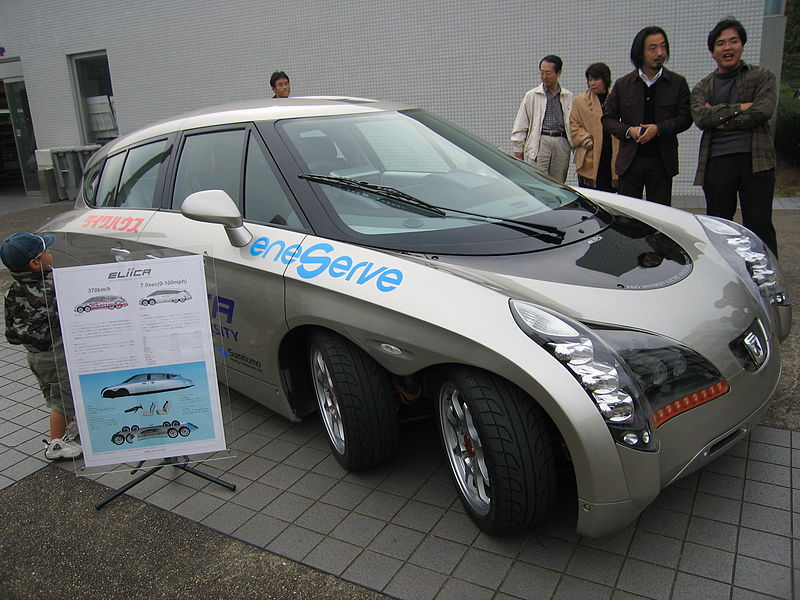"Seeing the whole color spectrum became possible with a new colorless ink jointly developed by Yasuchika Hasegawa, an associate professor of photochemistry at the Nara Institute of Science and Technology (NAIST), and researchers from Central Techno Co. in Osaka.
Colorless inks that appear blue or green under ultraviolet light have been available for years, but a new ultraviolet ink developed by Hasegawa's team has added another dimension.
The team has created a red ink so that now it's possible to produce all the colors of the rainbow by combining the three basic colors.
The researchers are aiming at commercializing the newly developed ink.
If the ink is used on the white surface of identification cards, for example, information written on the surface can be shown when it is exposed to ultraviolet rays. Or, advertisements or interior designs can be displayed in the dark.
The colorful photos or pictures disappear if they are not exposed to the ultraviolet rays.
Hasegawa's team members developed the ink by using europium, a rare-earth element that emits weak lights of red color when exposed to ultraviolet rays."
Read full article at Asahi.com






















